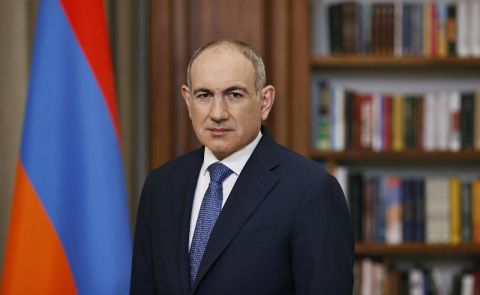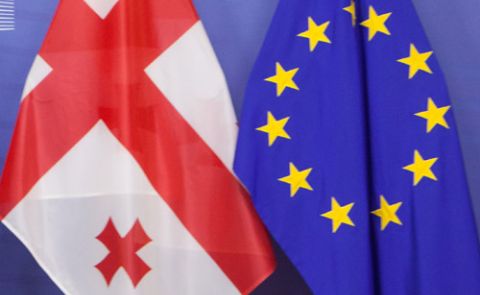
Brussels Increases Pressure on Georgia Ahead of the Elections
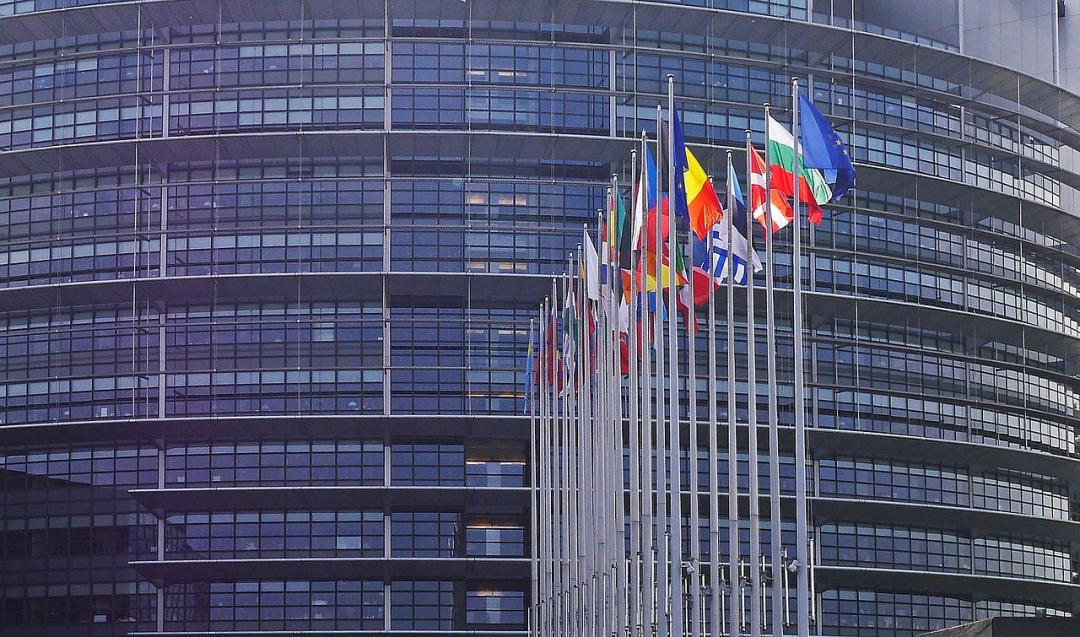
On October 9, the European Parliament passed a resolution expressing concerns about democratic backsliding and the erosion of political pluralism in Georgia. The resolution, which received 495 votes in favor, 73 against, and 86 abstentions, outlines several key demands, including freezing European Union (EU) funds to the Georgian government until anti-democratic laws are repealed and imposing sanctions on Bidzina Ivanishvili, the Honorary Chair of the Georgian Dream party. It also calls for a comprehensive review of Georgia's compliance with visa liberalization criteria.
The resolution underscores the European Parliament’s support for the Georgian people and their aspirations for closer ties with the EU. It further highlights the importance of the upcoming parliamentary elections, calling for strict oversight to ensure they are conducted in a fair, transparent, and democratic manner.
The European Parliament advocates for suspending EU financial assistance to the Georgian government unless key undemocratic laws, such as the Foreign Agents Law and anti-LGBT legislation, are repealed. The resolution criticizes these laws, lamenting that Georgia, which once led democratic reforms in the region with aspirations for Euro-Atlantic integration, has significantly regressed in recent years.
Moreover, the resolution urges the European Commission to assess how Georgia’s recent legislative actions impact its compliance with visa liberalization benchmarks, particularly concerning fundamental rights, a core component of the EU’s visa liberalization framework.
The document identifies Ivanishvili as an oligarch and criticizes his role in Georgia's political instability, suggesting that he has played a central part in steering the country away from its Euro-Atlantic path toward closer ties with Russia. As a result, the resolution calls on the European Council and other EU institutions to impose personal sanctions on Ivanishvili for his involvement in undermining the democratic process.
The European Parliament also calls for sanctions against those responsible for undermining democracy, participating in violence against political opponents and protesters, and spreading anti-Western disinformation. It expresses concern over Russia’s growing influence in Georgia and urges the Georgian government to impose sanctions on Russia in response to its invasion of Ukraine. Additionally, the resolution stresses the importance of Georgia maintaining its policy of non-recognition of the occupied territories and strengthening measures to prevent the circumvention of European sanctions against Russia.
The Parliament also reiterates its demand for the unconditional release of former Georgian President Mikheil Saakashvili, allowing him to seek medical treatment abroad.
The resolution highlights the upcoming parliamentary elections in Georgia, emphasizing that they must meet the highest international standards. It calls on Georgian authorities to ensure that civil society organizations involved in election monitoring can carry out their work without interference. The document also condemns attacks on Transparency International-Georgia and the Vote for Europe movement, interpreting these incidents as efforts to undermine the democratic process.
Concerns are raised about the limited number of polling stations available to Georgian citizens living abroad, despite requests from the Georgian diaspora for more voting opportunities. The resolution also criticizes the use of images from the Ukraine war in the Georgian Dream party’s campaign, describing it as a method of spreading disinformation and fueling anti-Western sentiment.
The resolution urges the ruling Georgian Dream party to respect the will of the people, ensure a peaceful transition of power after the elections, and end violence, intimidation, and repression of opposition figures, civil society, and independent media.
Finally, the European Parliament emphasizes that the upcoming elections will be crucial in determining Georgia’s democratic trajectory and its potential progress toward EU membership. The resolution praises the efforts of civil society and young leaders in Georgia, citing the protests against the Foreign Agents Law as evidence of the country’s ongoing democratic potential.
Although the European Parliament’s resolutions are non-binding, they serve as recommendations for EU policymakers. Nonetheless, the resolution has already sparked controversy, with Georgian Parliament Speaker Shalva Papuashvili condemning the draft as “outrageous” and criticizing its calls for sanctions against Ivanishvili, Russia, and for the release of Saakashvili.
See Also

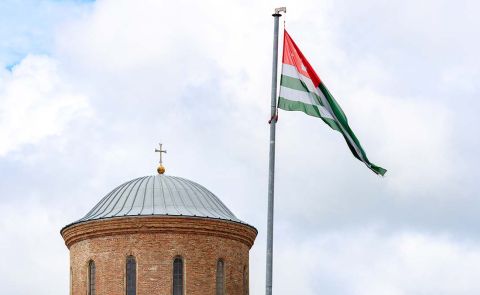
Moscow’s Plan in Separatist Abkhazia Focuses on Naval Logistics, Not Base Establishment
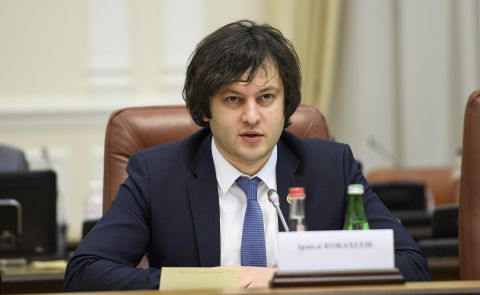
Kobakhidze Announces Full Enforcement of Georgia’s Foreign Agents Law
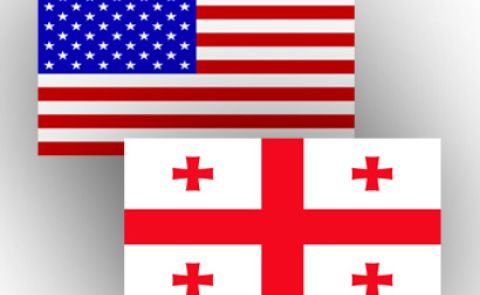
Kobakhidze Meets US Senator Daines to Discuss Bilateral Relations
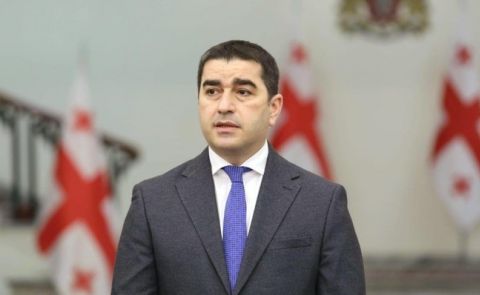
Georgian Speaker Condemns Embassy Travel Warnings as Economic Attack
